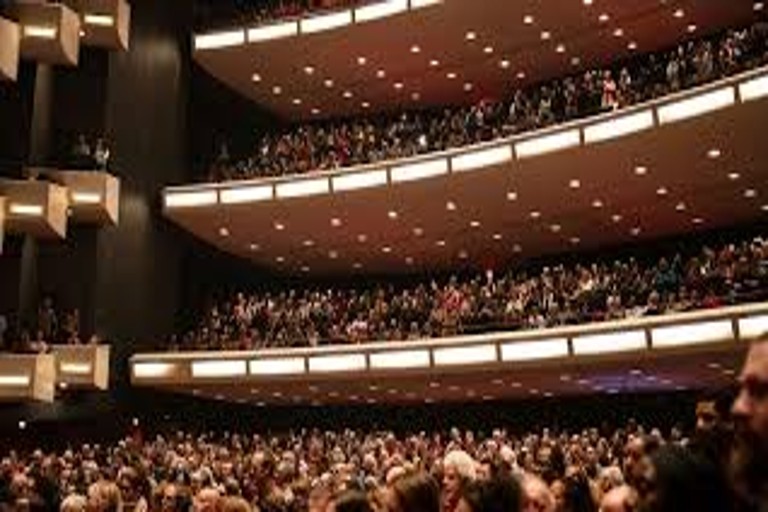Arts & Culture
Montreal Theatre Revival Brings Classic Plays Back to Life
After several pandemic-era closures, smaller theatres across Montreal are reopening with renewed energy, staging adaptations of Canadian classics and giving local actors a chance to reconnect with audiences.
By Lucas Tremblay • 2025-10-07

After years of uncertainty and empty seats, Montreal’s small theatres are lighting up again — literally. Across the city, independent playhouses are reopening with new energy, restaging Canadian classics and offering intimate performances that remind audiences why live theatre remains one of the most powerful art forms.
At the heart of the revival is Théâtre du Plateau, a cozy 120-seat venue tucked between cafes in Mile End. Its latest production, an adaptation of Michel Tremblay’s Les Belles-Sœurs, has sold out every weekend since September. “We weren’t sure people would come back,” says director Élise Fontaine. “But they did — and with more passion than ever.”
During the pandemic, many of Montreal’s smaller stages were forced to shut their doors permanently, while others pivoted to virtual performances. “It kept us going, but it wasn’t the same,” Fontaine reflects. “You can’t replace the sound of an audience breathing with you, reacting, laughing, feeling.”
Now, audiences are returning not just for nostalgia, but for rediscovery. New productions reinterpret familiar scripts through modern lenses — exploring issues of gender, language, and cultural identity in fresh, relevant ways. “Theatre in Montreal has always been daring,” says critic Anne-Marie Giroux. “This revival feels like both a homecoming and a reinvention.”
Le Petit Théâtre de l’Ouest, in the city’s west end, recently reopened with a contemporary take on Wajdi Mouawad’s Incendies. Director Paul Nguyen describes it as “a conversation between generations.” “It’s about trauma, legacy, and how we carry our parents’ stories,” he explains. “These themes resonate even more deeply now.”
Behind the curtain, the revival is being fueled by a new wave of collaboration. Established companies are sharing rehearsal spaces with emerging troupes, while veteran actors are mentoring recent graduates from the National Theatre School. “There’s this sense of solidarity,” says Nguyen. “Everyone understands that keeping theatre alive is a shared responsibility.”
Funding remains a challenge, but grassroots creativity has stepped in to fill the gap. Crowdfunding campaigns, local business sponsorships, and community partnerships have become essential lifelines. “We’ve learned to work small and think big,” Fontaine says. “It’s about making art that feels personal, immediate, and local.”
Audiences, too, are playing their part. “We see regulars bringing friends who haven’t been to a play in years,” says Giroux. “There’s an appreciation now — a realization that theatre is fragile, that it needs people to survive.” Post-show conversations often spill into nearby cafes, where actors mingle with patrons well past closing time.
The city’s bilingual identity continues to shape its theatrical scene. Many productions now include subtitles or mixed-language dialogue to bridge communities. “It’s very Montreal,” says Nguyen with a smile. “You’ll hear French and English overlapping — and somehow it all works. It’s chaos, but it’s beautiful.”
As the curtain falls each night, applause echoes like a collective sigh of relief — a reminder that live storytelling still has a heartbeat in Montreal. For the city’s artists, this revival isn’t just about reopening doors; it’s about rekindling connection, one stage light and one shared breath at a time.